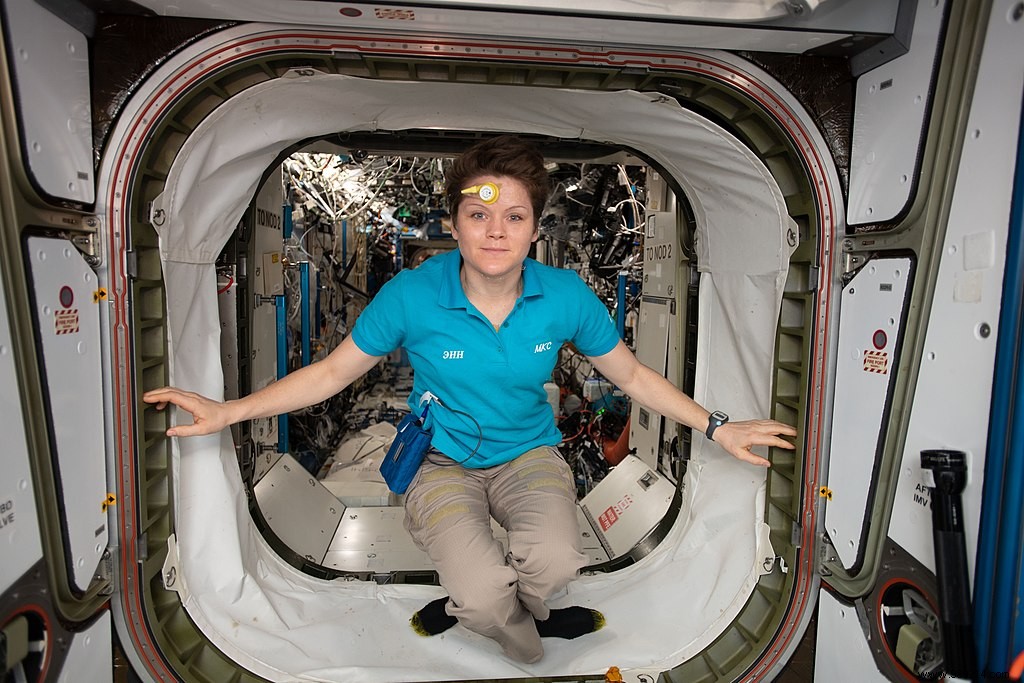Aboard the International Space Station (ISS), mutant mice have been the subject of significant study. This research concerns the consequences of life in microgravity on muscle and bone mass. For researchers, it's about finding solutions to help combat muscle atrophy in astronauts.
In December 2019, forty female mice leaving Earth in the direction of the International Space Station (ISS). The goal? Study the consequences of life in microgravity on muscle and bone mass. The mice have since returned to Earth and the results of the study have been published in the journal Proceedings of the National Academy of Sciences by researchers at the Jackson Laboratory.
The researchers divided the mice into three groups, the first being a "control" group of 24 individuals. The second group included eight mice that had undergone genetic modification on Earth. The goal was to obtain a musculature twice as important. As for the third group, it was a question of eight other mice having received the same modifications. However, these took place on board the ISS and not on Earth.
According to the results, mice in the control group lost up to 18% of their muscle mass and bone during their stay. The mice in the second group maintained their muscle mass. As for those in the third group, they returned to Earth with even more imposing musculature.

Using these results, the study leaders hope to find solutions to help astronauts prevent muscle atrophy . Remember that some trips can be very long like the one planned to Mars, a trip for which nine months of travel are necessary. However, this study on bodybuilder mice is only a first step. Indeed, further experiments and clinical trials are needed. The objective is to allow a transfer of this model to human beings, and this in complete safety
“We're still years away from that. But it always happens like that when you go from studies on mice to studies on humans”, said Emily German-Lee, one of the researchers involved in the study.
In May 2019, we reported on a first rodent study conducted by scientists at Henry Ford Community College. However, the study had made it possible to understand that the lack of gravity can affect the joints of astronauts , cause problems with muscle atrophy and loss of bone calcium.